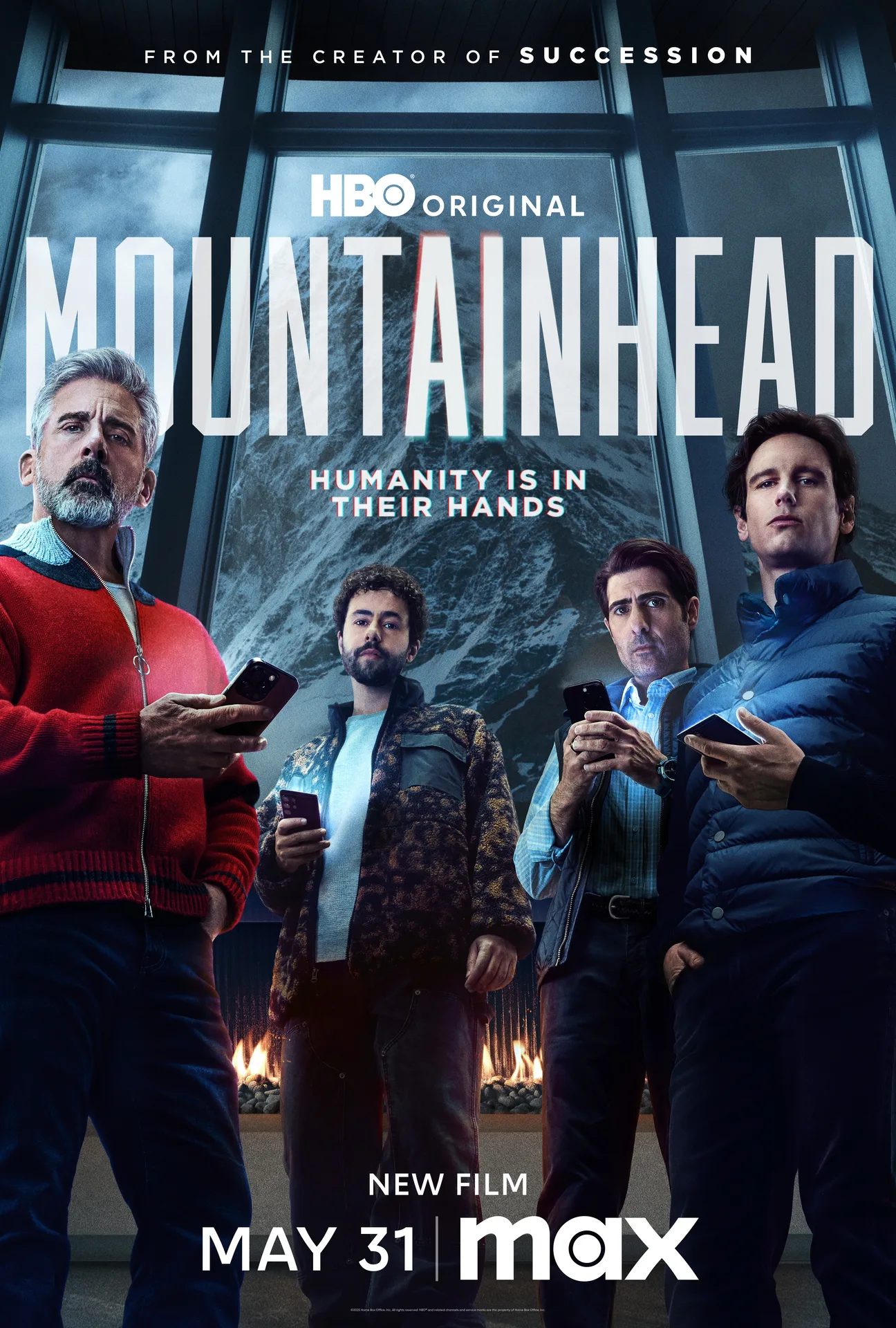Sometimes, a name just seems to carry a certain weight, a kind of quiet suggestion of purpose or perhaps, too, a connection to broader ideas. When we hear "Roger Rosson," it might, in a way, bring to mind a sense of clear communication or a steady presence. It's interesting how a simple combination of sounds can, you know, evoke so much, hinting at narratives even before we learn anything specific about the person who bears it.
Names, actually, are more than just labels; they are, in some respects, little historical artifacts. They often carry echoes of past uses, old meanings, or even particular contexts. The name "Roger," for instance, has a rather rich history, especially when we think about how it has been used to signal understanding or acknowledgment in certain very specific situations. It's almost as if some names are destined to be associated with particular functions or roles, even if only in our collective imagination.
So, as we consider "Roger Rosson," we're not just looking at a name; we're perhaps opening a door to exploring the various layers of meaning that can attach themselves to personal identifiers. From the simple act of confirming receipt to the complexities of leadership, a name like this can, basically, serve as a starting point for a broader discussion about how individuals connect with larger concepts and the roles they might play, whether in communication or in the bigger picture of things.
Table of Contents
- The Roots of a Name - What Does Roger Rosson Suggest?
- Echoes of Communication - How Does Roger Rosson Connect to Clear Signals?
- The Digital Shadows - Is Roger Rosson Linked to Online Security Concerns?
- What Roles Might a Roger Rosson Hold?
- Beyond the Commonplace - How Does Roger Rosson Stand Out?
- Unpacking Identity - What's in the Name Roger Rosson, Really?
- The Human Element - Why Does Roger Rosson Matter in Our Conversations?
- Looking Closer - What Can We Learn From Roger Rosson's Potential?
The Roots of a Name - What Does Roger Rosson Suggest?
The name "Roger" itself holds quite a bit of history, dating back to Germanic origins, where it meant something akin to "famous spear." Over time, as a matter of fact, its usage shifted, becoming a common given name across different cultures. In the mid-20th century, particularly around the 1940s, "Roger" took on a very specific, practical role in English-speaking military communications. It was, you know, used to represent the letter 'R' when spelling out words, and it also came to signify "received" or "understood" when confirming a message. This dual usage, actually, highlights how a name can evolve beyond its original meaning to serve a very practical, almost universally recognized purpose.
When we add "Rosson" to "Roger," we create a unique combination, a personal identifier that, in some respects, carries its own subtle implications. While "Roger" has those historical and communicative associations, "Rosson" typically functions as a surname, often derived from a place or a family lineage. The interplay between a first name with such a distinct communicative history and a surname that anchors it to a family line creates a sense of both individual identity and connection to a broader heritage. It's a little like a personal story waiting to be told, shaped by both the sounds of the words and the history they carry, which is that, pretty much, how names work.
Personal Details and Name Insights for Roger Rosson
| First Name Origin | Germanic, meaning "famous spear" |
| Common Use of "Roger" | Military communication (circa 1940s UK/US) to represent 'R' and to acknowledge receipt of a message. |
| "Roger" vs. "Copy" | "Roger" implies receipt, understanding, and often compliance; "Copy" primarily means receipt. |
| Surname "Rosson" | Typically a family name, often derived from geographical locations or ancestral connections. |
| General Naming Convention | First name precedes last name (e.g., Roger Rosson), a common practice in many Western cultures. |
Echoes of Communication - How Does Roger Rosson Connect to Clear Signals?
The association of "Roger" with clear communication is, really, quite strong, especially given its history in military settings. During World War II, for example, American forces used "Roger" to represent the letter 'R' when spelling things out over the radio, and also, very importantly, as a quick way to say "received." This simple word became a cornerstone of effective communication, ensuring that messages were not just heard but also acknowledged. It's a powerful example of how a single word, or in this case, a name used as a word, can become synonymous with clarity and mutual understanding in high-stakes situations. This kind of directness, you know, is something we often appreciate in any interaction.
There's a subtle yet important distinction in communication that the original text brings up, separating "copy" from "roger." While "copy" simply means a message was heard, "roger" goes a step further; it suggests that the message was not only received but also understood, and, basically, that the recipient intends to act upon it. This deeper meaning of "roger" implies a level of engagement and commitment that is quite significant. It's a bit like saying, "I got it, and I'm on it." This distinction, apparently, highlights the importance of not just hearing words but truly grasping their meaning and implications, especially when instructions are being passed along. So, in some respects, a name like "Roger Rosson" could, you know, bring to mind someone who values this kind of clear, actionable communication.
The Digital Shadows - Is Roger Rosson Linked to Online Security Concerns?
In a very different context, the word "roger" also appears in discussions about digital security, specifically with something called the "roger files virus." This particular threat is a type of ransomware, a nasty piece of software that encrypts personal files on a computer, making them inaccessible until a ransom is paid. It's considered extremely dangerous because it directly impacts a person's digital life, locking away their precious documents, photos, and other data. The very existence of such a threat, as a matter of fact, underscores the constant need for vigilance in our online interactions, where even seemingly innocent terms can become associated with digital risks.
The mention of the "roger files virus" serves as a stark reminder that our digital world, really, has its share of hidden dangers. Protecting our personal files and maintaining a secure online presence is, essentially, more important than ever. It's not just about avoiding suspicious links; it's about understanding the various ways malicious software can affect us and taking steps to guard against it. This connection, however unsettling, shows how a name or a word can unexpectedly crop up in conversations about very serious, modern challenges. It just goes to show, you know, how widespread and varied the associations with a single term can be.
What Roles Might a Roger Rosson Hold?
When thinking about the potential roles a person named "Roger Rosson" might occupy, we can, basically, draw some interesting parallels from the general discussions about leadership positions. The terms "chairman," "president," and "CEO" all represent different levels and types of authority within organizations. A chairman, for instance, sometimes holds significant power, guiding the board, but can also, in some respects, be more of a symbolic figure. A president often has a broader scope of executive power, particularly in larger companies, overseeing daily operations and strategic directions. These roles, you know, illustrate the varied ways leadership is structured and exercised in the business world.
A CEO, or Chief Executive Officer, on the other hand, is typically responsible for the overall execution of a company's strategy and often holds the ultimate decision-making authority for major initiatives. The nuances between these titles highlight that leadership is not a single, uniform concept; it involves different levels of responsibility, influence, and direct action. The idea that a name like "Roger Rosson" could be associated with any of these positions, you know, brings to mind someone who might be involved in guiding organizations, making significant choices, or ensuring that plans are carried out effectively. It's a general reflection, actually, on the kinds of responsibilities that individuals with a strong, clear-sounding name might be perceived as holding.
Beyond the Commonplace - How Does Roger Rosson Stand Out?
The original text briefly touches upon other individuals named "Roger," like Roger Dingledine, who has been involved with the Tor Project, a system for anonymous communication online. There's also a mention of George Soros, a well-known investor and philanthropist. These references, in a way, suggest that individuals named "Roger" have, you know, made their mark in various fields, from digital privacy to global finance. While we don't have specific details about "Roger Rosson," the presence of other notable figures with the same first name can lead us to consider the potential for unique contributions that any individual, including a "Roger Rosson," might make in their chosen field. It's just a thought, really, about how people with similar names can carve out very different paths.
Every person, regardless of their name, possesses the capacity to shape their own unique path and leave a lasting impression. The idea of standing out, of making a difference, is, you know, something that resonates deeply with many. Whether through innovation, leadership, or simply by being a consistent, reliable presence, individuals build their own legacy. So, too, a "Roger Rosson" could be someone who, perhaps, makes a significant impact through their work, their ideas, or their actions, much like other figures who have gained recognition in their respective areas. It's a general observation, really, about the potential for individual achievement that exists for everyone.
Unpacking Identity - What's in the Name Roger Rosson, Really?
The way names are structured, with a first name followed by a last name, is, you know, a fundamental aspect of identity in many cultures. The first name, like "Roger," often serves as a personal identifier, something given at birth that distinguishes one person from another within a family or group. The last name, or surname, like "Rosson," typically connects an individual to their family lineage, their heritage, and a broader historical context. This combination creates a complete personal identifier that, basically, tells a story about where someone comes from and who they are as an individual. It's a very simple yet profound system for organizing human identity, actually.
Names, in a way, carry more than just sounds; they carry expectations, historical weight, and sometimes even cultural significance. The name "Roger Rosson" might, for instance, evoke a sense of tradition or a certain kind of professional demeanor, simply because of the sounds and associations it holds. It's interesting how we often form initial impressions or make subtle connections based solely on a person's name, even before we meet them. This phenomenon, you know, highlights the subtle power of naming conventions and how they contribute to our collective understanding of individual identity, making each name, in some respects, a small piece of a larger cultural puzzle.
The Human Element - Why Does Roger Rosson Matter in Our Conversations?
In any conversation, especially when we're trying to share ideas or get a point across, the human element is, really, quite vital. It's about connecting with people on a level that goes beyond just facts or figures. Using clear, straightforward language, and a friendly, approachable tone, helps to build that connection, making the exchange feel more natural and less like a formal presentation. This approach, you know, is about making sure that what we say resonates with the person listening, making it easy for them to grasp the message without feeling overwhelmed by overly technical jargon or stiff phrasing. It's just about talking like people talk, in a way.
Making complex ideas approachable is, basically, a skill that serves us well in so many areas. Whether we're explaining a new concept or discussing a challenging topic, presenting information in a human-centric way means focusing on how it impacts people, how it makes sense in their lives. This kind of communication encourages engagement, inviting the reader or listener to feel a part of the discussion, rather than just a passive recipient of information. So, too, when we think about a name like "Roger Rosson," we can frame our discussion in a way that emphasizes these human connections, exploring how the name itself might relate to ideas of clarity, understanding, and personal impact, making it, you know, more relatable.
Looking Closer - What Can We Learn From Roger Rosson's Potential?
Every name, in some respects, holds a kind of potential, a blank slate onto which stories and experiences are written. The name "Roger Rosson" is no different; it represents an individual with their own unique set of qualities, experiences, and contributions waiting to unfold. By exploring the various associations tied to the name "Roger," from its historical uses in communication to its unexpected appearance in digital security discussions, we can, you know, appreciate the breadth of connections that can stem from a single identifier. It's a way of looking at how names, in a general sense, are more than just labels; they are starting points for broader explorations of identity and meaning.
Considering the themes that emerge when we talk about "Roger Rosson," like clear communication, the importance of understanding, and the varied roles people play, helps us to think about the broader picture of human interaction and influence. It’s a bit like taking a single thread and seeing how it connects to a larger fabric of ideas. This kind of exploration, you know, encourages us to look beyond the surface, to consider the many layers of meaning that names and words carry, and how they shape our perceptions and conversations, making the discussion about "Roger Rosson" a very human one.



Detail Author:
- Name : Elmer Anderson
- Username : ardella35
- Email : champlin.eriberto@brakus.biz
- Birthdate : 1972-04-02
- Address : 428 Hyatt Villages Nitzscheburgh, AZ 87184
- Phone : +1-518-812-8348
- Company : Bernier, Barton and Abernathy
- Job : School Bus Driver
- Bio : Sed modi qui iure eveniet sunt sed. Quia consequuntur porro repudiandae dolores. Enim perspiciatis minus libero placeat. Qui possimus itaque ea eos odio quis expedita.
Socials
twitter:
- url : https://twitter.com/kassulke2002
- username : kassulke2002
- bio : Aut aut quasi voluptatem. Omnis quo et sit mollitia veniam sapiente cumque. Sed modi eum id sequi.
- followers : 4545
- following : 719
facebook:
- url : https://facebook.com/sofia3552
- username : sofia3552
- bio : Debitis accusamus asperiores eum autem nisi doloremque non occaecati.
- followers : 6899
- following : 1985

